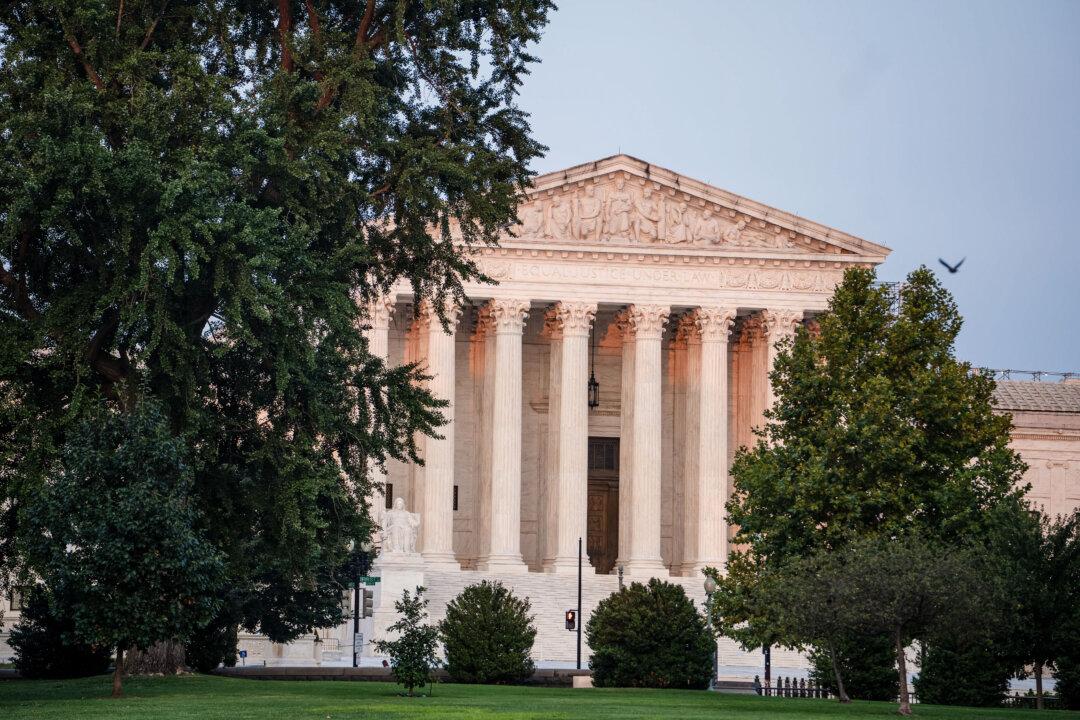The federal government is urging the Supreme Court to uphold an agency’s decision authorizing construction of a rail line in Utah for transporting crude oil.
The Aug. 28 filing by U.S. Solicitor General Elizabeth Prelogar previews the arguments the government will make when the court hears the case at a hearing expected in the fall. The government argues that a federal appeals court misinterpreted a federal environmental statute.





